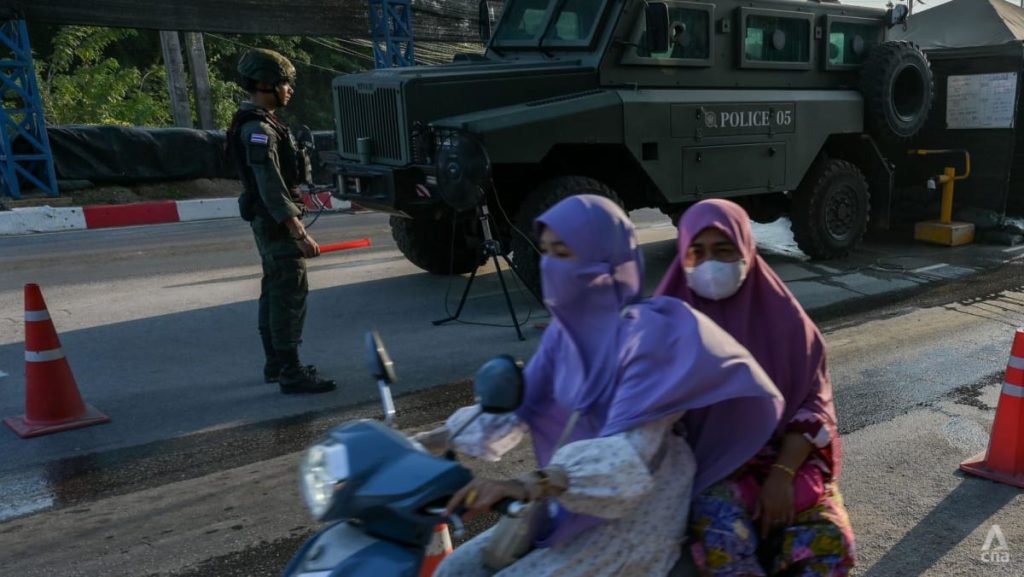?
The insurgency in Thailand’s Deep South, primarily in the provinces of Yala, Narathiwat, and Pattani, has been ongoing for decades. The conflict is rooted in historical grievances of the Malay-Muslim population in the region, who feel marginalized and discriminated against by the Thai government. The insurgency is fueled by demands for greater autonomy, cultural rights, and an end to state-sponsored assimilation policies. The violence resulting from the insurgency has led to thousands of deaths and has created a climate of fear and tension in the region.
The Thai government has employed a variety of strategies to combat the insurgency, including military crackdowns, counterinsurgency operations, and peace talks with rebel groups. However, these efforts have been largely ineffective in bringing about a lasting solution to the conflict. The civilian government of Prime Minister Srettha Thavisin has expressed a commitment to addressing the root causes of the insurgency and pursuing a more inclusive approach to conflict resolution. However, it remains to be seen whether these efforts will be successful in bringing about peace in the region.
The insurgency in Thailand’s Deep South has wider implications for the region, particularly in terms of security and stability. The conflict has the potential to spill over into neighboring countries, such as Malaysia and Indonesia, where there are also significant Muslim populations. The violence in the region could also provide a breeding ground for extremist groups, posing a threat to regional security. Additionally, the ongoing conflict undermines efforts for economic development and social cohesion in the region, hindering progress and prosperity for the people living in the affected areas.
Efforts to end the insurgency in Thailand’s Deep South must take into account the complex political, social, and historical factors that have contributed to the conflict. This includes addressing the grievances of the Malay-Muslim population, promoting dialogue and reconciliation, and enhancing opportunities for economic development and social inclusion. It is essential for the Thai government to work collaboratively with all stakeholders, including rebel groups, civil society organizations, and international partners, to build trust and create a conducive environment for peace negotiations.
The civilian government of Prime Minister Srettha Thavisin plays a crucial role in determining the future of the conflict in Thailand’s Deep South. The government’s commitment to addressing the root causes of the insurgency and pursuing a more inclusive approach to conflict resolution is a positive step towards achieving peace in the region. However, it will require sustained effort, political will, and effective communication to build trust and consensus among all parties involved. The success of these efforts will have significant implications for the security and stability of not only Thailand but also the wider Southeast Asian region.
In conclusion, the long-running insurgency in Thailand’s Deep South poses significant challenges for the region, including security threats, economic disparities, and social tensions. The conflict is rooted in historical grievances and demands for greater autonomy and cultural rights by the Malay-Muslim population. The Thai government’s efforts to end the insurgency through military crackdowns, counterinsurgency operations, and peace talks have thus far been largely ineffective. The civilian government’s commitment to addressing the root causes of the conflict and pursuing a more inclusive approach to conflict resolution is a positive step towards achieving peace in the region. However, it will require sustained effort, political will, and effective communication to build trust and consensus among all stakeholders. The outcome of these efforts will have far-reaching implications for the security and stability of Southeast Asia as a whole.















